Description
S800 I/O can communicate with higher-level control systems through Profibus DP or ABB AF100 fieldbus. At the same time, it can be connected to ABB transmission equipment,
and the module status can be displayed such as status display. It can also be remotely diagnosed through fieldbus. The data scans the I/O module through the
field bus at a certain period, and the scanning period is set to 4-108ms according to the module type. S800 I/O has full redundancy functions, including bus interface module
redundancy, bus media redundancy and I/O module
redundancy. Bumpless switching is achieved and all outputs can be forced or preset. The I/O modules are locked through mechanical locking keys and terminal blocks, and
all modules can be plugged and unplugged while powered. Provides intrinsically safe modules and HART communication, converts the HART protocol to Profibus-DP V1, and can use DTM for configuration. Each module and channel status display are easy to diagnose. All modules are injection molded and the protection level is IP20.
The S800 I/O station is rail mounted and can be installed horizontally or vertically. Compact and expandable terminal blocks can be mixed together
. Choosing extension cables can make the installation more flexible to suit different installation space requirements.
5. System composition plan
The system is equipped with four process stations and eight operator stations: the engineering station uses industrial PCs (portable computers can also be used) as debugging
equipment. According to the coal chemical process and site layout, we have established a total of 4 process stations; the system The operator station runs on an industrial PC and has an
operating interface developed based on the full Chinese Digivis software package of the MS Windows NT platform. Its graphical operating interface enhances the use and operation functions
of the system. In addition, it can also improve the external device indicators of the PC, such as monitors , printers, mice and keyboards, etc., making system operation more convenient. According to the
manufacturer”s requirements, one or two operator stations are established corresponding to the four process stations. Each operator station can only monitor
and operate the information of the corresponding process station. The specific structure is shown in Figure 1.
The entire system is designed to be safe and reliable. Industrial Ethernet adopts a redundant network topology with high reliability and security. When one or all of the operator stations and engineer
stations are shut down, the system will not shut down as long as the process station does not stop; while the process station adopts dual-machine hot backup In redundant mode, a battery can be placed in the controller EI module . This battery can maintain normal operation for 20 milliseconds in the event of a power outage. When
an error occurs in one controller, the system will automatically switch to another controller to achieve Smooth switching and synchronization between the master and slave AC800F controllers make t
he entire system highly secure. Not only the controller can be redundant, but all inputs and outputs support redundant configuration, which can further improve the reliability of the system. But using input and
output redundancy will increase the cost, so we only use controller redundancy.
The AC800F controller system communication template is a standard TCP/IP protocol Ethernet module, so that the system can be connected to the enterprise LAN without adding additional equipment.
Since the system supports standard DDE and OPC data exchange standards, the system can communicate with various third-party databases or Software data exchange will be easier, bringing convenience to on-site real-time data management and enterprise information management systems.
6. Process realization
According to the process, it will be divided into: “coke screening system”, “coal preparation”, “desulfurization and sulfur recovery”, “ammonium sulfate”, “benzene elution”, “comprehensive water supply”, ”
biochemical treatment”, “coking” , “refrigeration station”, “air compressor station”, “tank area” and other post stations. During system design flow chart screens are designed using job stations. We have
created a lot of macro libraries in the picture, which not only facilitates us to draw the operator picture, but also ensures the unity and beauty of the picture. A number of dynamically displayed bar graphs
were made on the operation interface of the operator station, which not only vividly describes the changes in variables, but also avoids the operator”s visual fatigue. There are also many graphic symbols
in the screen. These graphical symbols can not only represent the status of the current variable, but the operator can also use these symbols to call the operation panel of the corresponding variable,
use software logic control, control the pump switch, manual automatic switching, and the predefined value or operating value of the variable .
Excitation system ABB module IMASO11
Excitation system ABB module IMASO01
Excitation system ABB module IMASM04
Excitation system ABB module IMASM03
Excitation system ABB module IMASM02S
Excitation system ABB module IMASM02
Excitation system ABB module IMASM01
Excitation system ABB module IMASI23
Excitation system ABB module IMASI23
Excitation system ABB module IMASI23
Excitation system ABB module IMASI23
Excitation system ABB module IMASI13
Excitation system ABB module IMASI13
Excitation system ABB module IMASI03
Excitation system ABB module IMASI02S
Excitation system ABB module IMASI02
Excitation system ABB module IMASI02
Excitation system ABB module IMAS113
Excitation system ABB module IMAS011
Excitation system ABB module IMAS011
Excitation system ABB module IMAS001
Excitation system ABB module IMAOM01
Excitation system ABB module IMAMM03
Excitation system ABB module IMAMI01
Excitation system ABB module IKTU02-3
Excitation system ABB module IKTU01-6.6
Excitation system ABB module IKLS01-2.2
Excitation system ABB module IKLM01-5
Excitation system ABB module IKLM01-3
Excitation system ABB module IKAS01-6.4
Excitation system ABB module IISACO1
Excitation system ABB module IISAC01
Excitation system ABB module IISAC01
Excitation system ABB module IIPLM01
Excitation system ABB module IIMTM01
Excitation system ABB module IIMSM01
Excitation system ABB module IIMRM02
Excitation system ABB module IIMRM01
Excitation system ABB module IIMPM02
Excitation system ABB module IIMPM01
Excitation system ABB module IIMLM01
Excitation system ABB module IIMKM02A
Excitation system ABB module IIMKM02
Excitation system ABB module IIMKM01A
Excitation system ABB module IIMKM01
Excitation system ABB module IIMGC04
Excitation system ABB module IIMGC03
Excitation system ABB module IIMGC02
Excitation system ABB module IIMGC01
Excitation system ABB module IIMCP02
Excitation system ABB module IIMCP01
Excitation system ABB module IIMCL01
Excitation system ABB module IIEDI01
Excitation system ABB module IIAMS01
Excitation system ABB module IIADP02
Excitation system ABB module IIADP01
Excitation system ABB module IEPWM02
Excitation system ABB module IEPU02
Excitation system ABB module IEPRD01
Excitation system ABB module IEPMU01
Excitation system ABB module IEPEP07
Excitation system ABB module IEPEP04
Excitation system ABB module IEPEP03
Excitation system ABB module IEPEP01
Excitation system ABB module IEPDS02
Excitation system ABB module IEPDS01
Excitation system ABB module IEPDP01
Excitation system ABB module IEPBM01
Excitation system ABB module IEPAS02
Excitation system ABB module IEPAS02
Excitation system ABB module IEPAS01
Excitation system ABB module IEPAS01
Excitation system ABB module IEPAF02
Excitation system ABB module IEPAF01
Excitation system ABB module IEMMU22
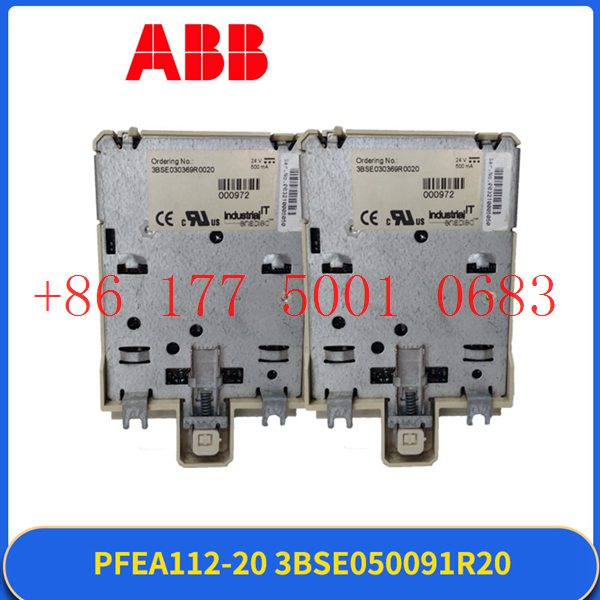
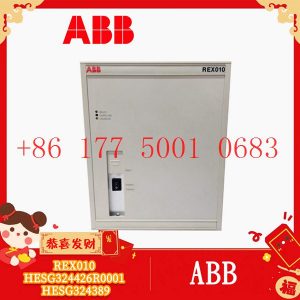
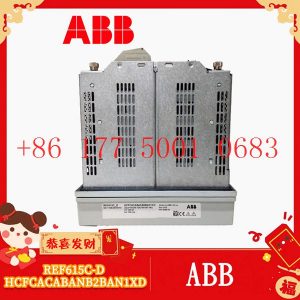
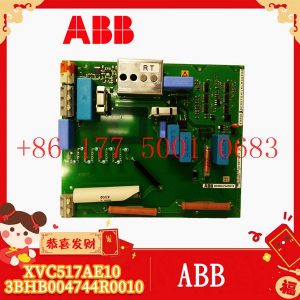
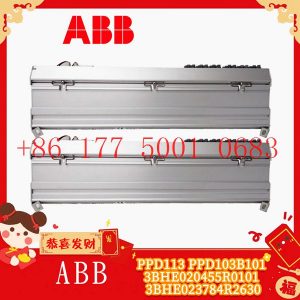


Reviews
There are no reviews yet.